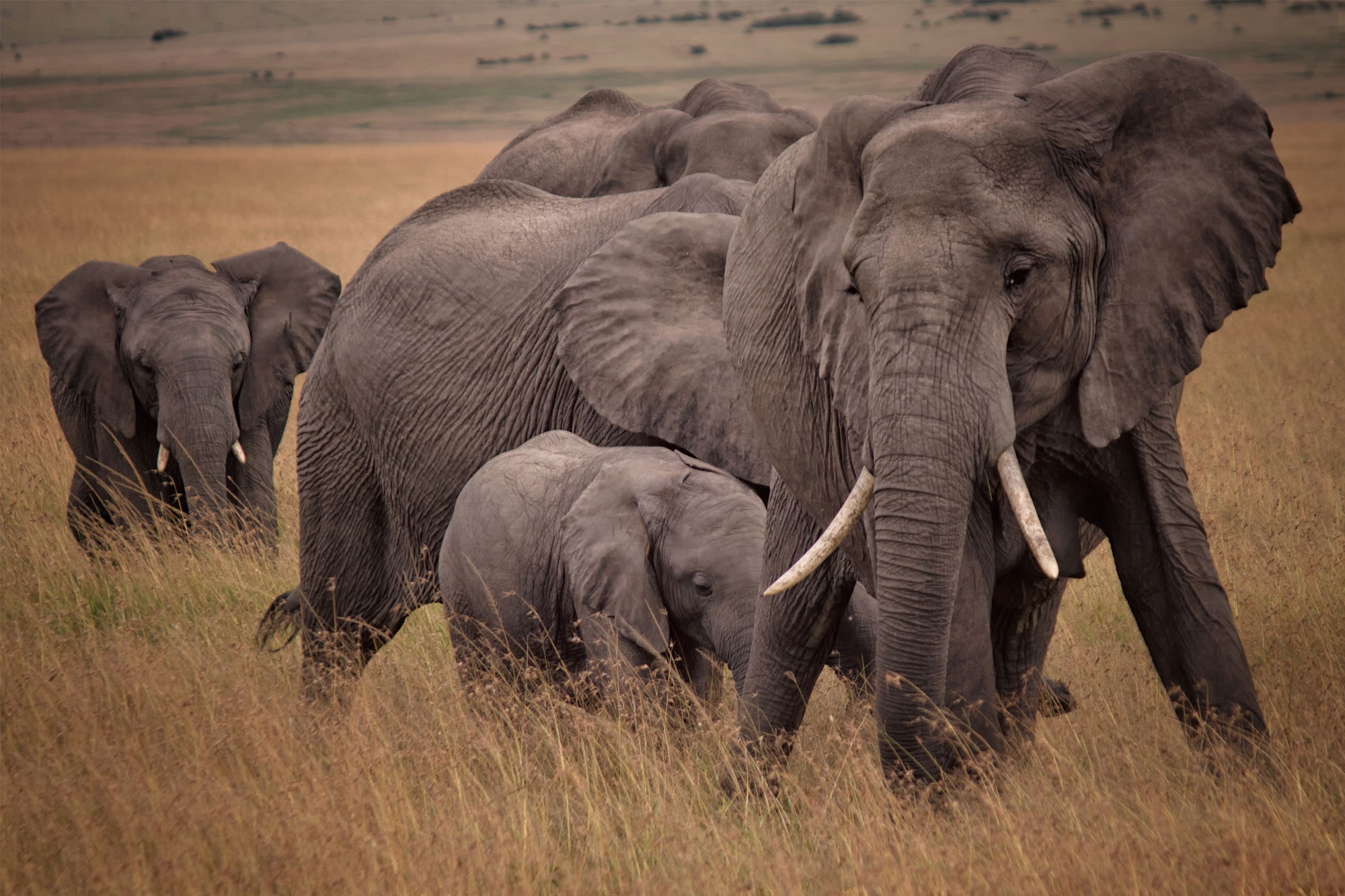The School of Anthropology and Conservation has created a new series named DICE Talks that will take place every month and will consist of a … Read more
Category: Conservation Biology
2019 DICE Annual Lecture – Surviving The Anthropocene
We are pleased to announce that this year’s DICE Annual Lecture is being given by Professor Chris Thomas FRS from the University of York, titled … Read more
“We’re conservation scientists – here’s why we haven’t lost hope for the future”: DICE PhD researchers write for The Conversation
PhD researchers Sophus zu Ermgassen and Natalie Yoh discuss their optimism for the future despite what some call the planet’s sixth mass extinction. It can … Read more
The School of Anthropology and Conservation receives £500,000 for research into sustainable trade
The School of Anthropology and Conservation has been awarded a grant of £500,000 from a new global fund to support sustainable trade in wild species … Read more
DICE Talk: ‘Using decoy turtle eggs to track poachers’
The School of Anthropology and Conservation has created a new series named DICE Talks that will take place every month and will consist of a … Read more
In memory of Dr Mike Walkey
We are deeply saddened to share the news of the passing of Dr Mike Walkey, Director of DICE from 1991, and a colleague, friend and … Read more
Government’s new Ivory Act nothing but a ‘PR stunt’
As the UK ban on elephant ivory receives Royal Assent today and will enter into law, wildlife trade expert, Dr David Roberts, questions whether “it … Read more
DICE Talk: ‘Conserving Brazil’s mountain-top frogs’
The School of Anthropology and Conservation has created a new series named DICE Talks that will take place every month and will consist of a … Read more
The value of providing endangered species with supplementary food to aid population recovery
New research carried out by DICE explores the value of measuring the effects when conservationists provide endangered species with supplementary food to help their populations … Read more
Natural habitats larger than Greece created to offset economic developments
New data has found that natural habitats occupying an area larger than Greece have been created to offset economic developments. This data could eventually provide … Read more










